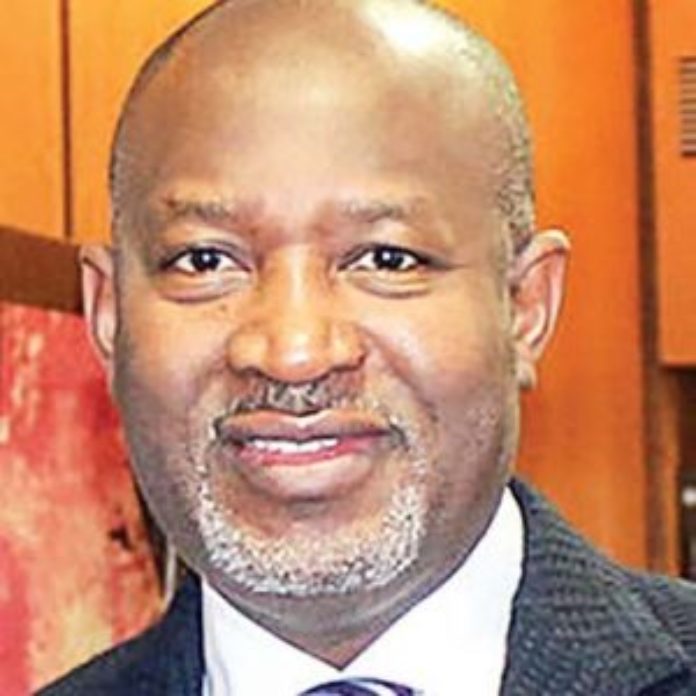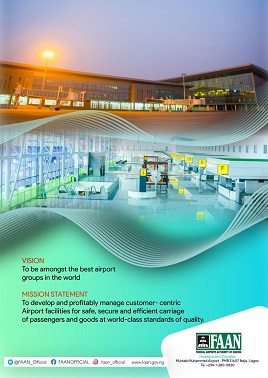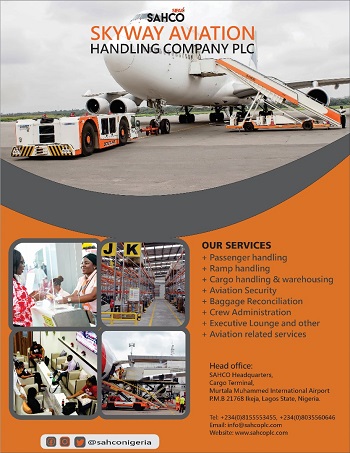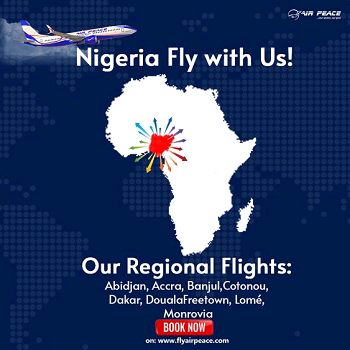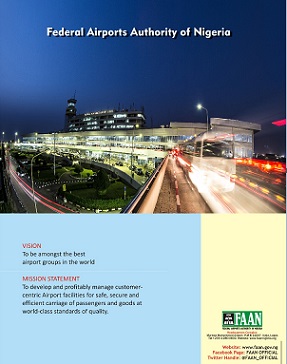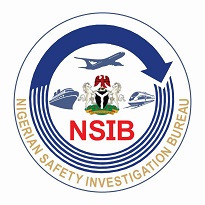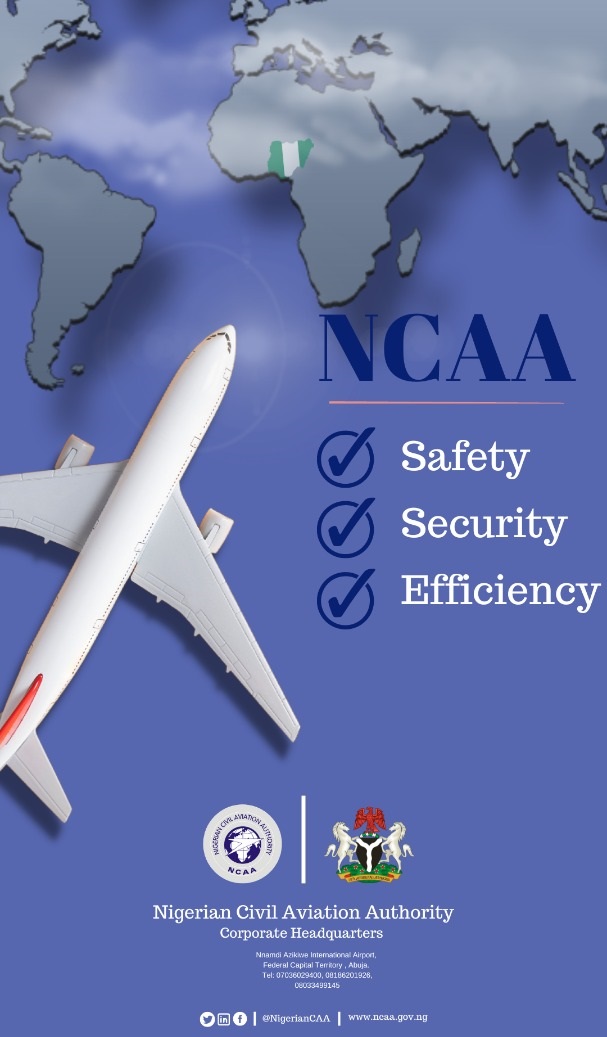Our agitation, but necessary in the conversation and desires for a new national carrier, should not be lost in the rhetorical question that has been asked seriously and severally by many: What killed Nigeria Airways.
The question was first asked in 1993 at a Public Hearing of the NASS in Lagos by the Senate Committee on Aviation headed by late Senator A.T Ahmed a former Managing Director of the Nigeria Airport Authority (NAA) now Federal Airport Authority of Nigeria (FAAN).
It was said and agreed at the hearing that Nigeria cannot successfully set up a new national carrier to replace the Nigeria Airways if we cannot dissect or disorganize successfully the diseases that killed the Nigeria Airways, otherwise, the same disease could kill the new National Carrier – Air Nigeria as was then.
Early this year President Buhari, also rhetorically, said he would prefer to know what killed the Nigeria Airways before he could begin to give a thought for the new National Carrier. He probably now know those who killed the Airline hence the plan and projection of December 2018 for the new national carrier and the battle seems to be brewing between the private operators and government.
In my opinion, those who killed the Nigeria Airways were and probably, still within and outside the government. They could have been those who planned the first Air Nigeria in 1993 and wasted over $60 million of government intervention fund for the setting up. They could also have been the brain behind the defunct Virgin Nigeria; they could be those behind the facilitation of over =N=300 billion government aviation intervention funds for some private airline in 2012. Some of them could have been behind the =N=35 billion from collected the fund by the newest among them which is yet to be resolved (till) today as either intervention fund or loan to Air Nigeria the successor Airline to Virgin Nigeria. They might be among the today’s private airlines operators angling to be christened as the new National Carrier.
Judging from our past experiences, nothing qualifies the government and Private operators as the sole operator of the proposed national carrier.
The structure for a Nigeria national carrier needs a new experiment that must include credible foreign technical operators and investors, credible Nigerian investors and boardroom guru with financial management experience as well as the Nigerian Public all as the shareholders. This way, we can avoid the single ownership syndrome in the defunct Nigeria Airways and the range of the Nigerian domestic Airline Operators.
The defunct Nigeria Airways for all the intent and purposes was more of a government carrier than a national carrier. Were it to be a national carrier defined sufficiently with the Nigerian public as shareholders, government would not have unilaterally liquidated it the way it did in 2002.
On the other hand, Virgin Nigeria too was a private airline and a business arrangement between Virgin Atlantic, some Nigerian businessmen and political interest persons sponsored by the government in power between 2000 and 2007 but the Nigeria public were never shareholders therefore, the airline could not have been a national carrier.
Virgin Nigeria was never established in 2000 or known as a national carrier as there was no state law or legislation to support it. The ownership structure too was never transparent at its inception as the Nigerian public who could have been the main shareholders and whose interest a national carrier should project and serve were never carried along. It was exclusively owned by Richard Brownson and previleged Nigerians businessmen who as usual could have used it within the period of its life span for capital flight. Since Virgin Nigeria, had no legislation to support it, it did not get political support from the successive government that came to power in 2007. Furthermore, the Nigeria investors in airline who were mainly businessmen had faint knowledge on how commercial aviation works and they were neither playing by the rules in the Nigeria Civil Aviation Regulations nor in the Agreements with Virgin Atlantic. They were evidently not used to the best global aviation practices.
When Virgin Nigeria airline eventually collapsed and the technical partner Virgin Atlantic, left the country with its aircraft and other technical accessories, the Nigeria investors claimed through UBA that Virgin Atlantic left with about $25m which they paid as fee for the branding of Virgin Nigeria after Virgin Atlantic without them recovering the benefit of that investment from the 5 years of the airline operations.
Some Stakeholders in the industry, and political interest groups who were opposed to the liquidation of the Nigeria Airways in 2002 by government, were however pleased when the succeeding government showed little or no interest to support Virgin Nigeria. This also helped in the total collapsed of Air Nigeria successor to Virgin Nigeria immediately after it had collected =N=35 billion of the government aviation intervention funds as ‘loan’ from UBA. Despite the collapse and the lack of interest of the succeeding government in the airline, it is curious how the $25 million paid to Virgin Atlantic by the Nigeria private investor for the branding of the Virgin Nigeria after Virgin Atlantic became the subject of government Aviation Intervention funds given to Air Nigeria as either
Debt owed UBA by Virgin Nigeria before it collapsed or Loan of =N=35 billion granted Air Nigeria to buy Virgin Nigeria debts of $25 million @ 2% after the exit of Virgin Atlantic.
The complicity of silence in the NASS and Ministry of Aviation too after two Public Hearings in 2012 and 2016 on the over =N=300 billion government aviation intervention fund including the =N=35 billion of the funds (turned loan) to Air Nigeria a private enterprise, is too dangerous to be ignored especially in the sustenance of safe operation and in the development of the sector. Same is true of the silence of both the NASS and the NCAA over the debts of over =N=300 billion by Arik and Aero from the same government intervention funds before their takeover by AMCON, despite the Nig CARs Part 18.1 requirements for it to enforce financial health compliance on Airline earnings and spending every month.
From all the past experiences, it is wrong for the Nigeria private operators to assume that the proposed national carrier must only be private sector driven. If we are talking of a national carrier not a private airline, the ownership of the national carrier should be driven by the Nigeria public and not private nor government only. However, the government through the NCAA, the industry regulator only could be on the Technical Advisers Committee. That does not necessarily mean also that it would have no role to play in a project that will be driven by the public and not by private businessmen. It is a national project that must not be allowed to be hijacked by government officials, politicians and businessmen as they did with the Nigerian Airways and Virgin Nigeria. Whoever amongst the private operators and businessmen who want to continue with single ownership of airlines should be allowed to do so but must ensure they learn lessons from the experiences of the likes of Virgin Nigeria, Nigerian Airways, Arik, etc. They should learn lessons some corporate lessons from foreign technical investors too as the likes of Emirates, Qatar, and Etihad too are products from the defunct Gulf Airlines and some corporate organisations like Lafarge, Dangote, Julius Berger, Nestle, UAC, Nigeria Breweries, Guiness, Flour Mills. All those are public quoted companies at the Nigeria Stock Exchange not seen to be owned by government or private individual but are doing exceptionally well in the Stock Market who yearly return investment dividends to the public including federal tax and VAT.
John O Ojikutu, Chief Executive Officer of Centurion Security and General Secretary of Aviation Round Table (ART), is based in Lagos.


